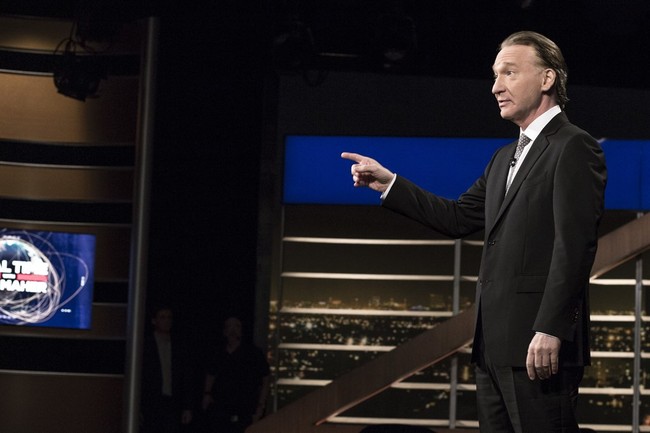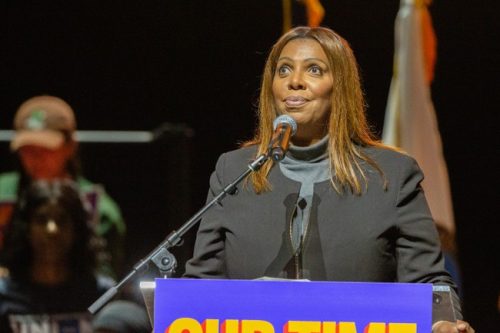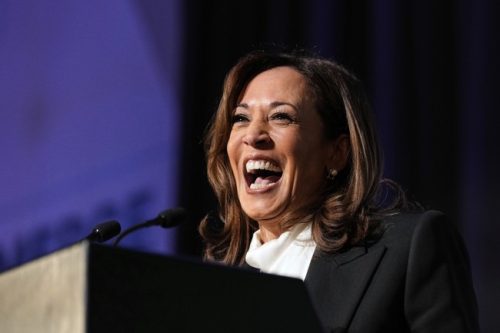Bill Maher cut through the noise and called out the October 18 ‘No Kings’ spectacle for what it was: a self-satisfied show that exposed Democratic weakness and energized Republicans. His blunt take landed because it highlighted who showed up, who stayed home, and how messaging failures turned former allies into skeptical voters. This piece follows that thread, looks at the racial and coalition dynamics Maher described, and explains why the GOP is benefiting.
Maher opened by describing the event as a white whine fest, and he was aiming at more than one protest crowd. The problem isn’t just tone; it’s turnout and relevance, and that matters in political arithmetic. When demonstrations and theatrical protests fail to attract a broad, diverse audience, voters start to question the party’s reach and its pitch.
Commentators noted how some reporters struggled to find black attendees at those rallies, which Maher summarized as “very white.” That observation is blunt, but it points to an electoral reality: if an event is perceived as narrowly focused, it can push swing and minority voters away. Republicans have been working to court those disaffected blocs, and when Democrats appear to narrow their appeal, the GOP has room to grow.
Bill Maher notices a strange absence of black people at the No Kings protests.
“The Baltimore paper said: ‘Our photographer struggled to find a picture of black people in this march.’”
Maher didn’t know why No Kings was “very white.”
So he asked the black guy on the panel… pic.twitter.com/gVlsskYuxh
— Vigilant Fox 🦊 (@VigilantFox) October 25, 2025
Democrats once relied on the Obama-era coalition, but that alignment looks shakier now. Economic worries, cultural shifts, and frustration over messaging have loosened old loyalties, and voters who once voted reliably blue are open to alternatives. The GOP’s messaging, focused on law, order, and economic commonsense, has picked up traction among these groups who feel the left has moved on without them.
Maher didn’t stop with turnout; he also pointed to poor strategic choices by Democrats and identified rising figures who aren’t resonating. Zohran Mamdani surfaced as an example of a supposed rising star who has become a political liability rather than an asset. When leaders or would-be leaders have questionable associations or make tactical missteps, it amplifies a narrative of poor judgment that opponents exploit.
One specific mistake Maher highlighted was public associations that invite controversy, including photos with questionable figures that are hard to defend. Those visual moments become talking points, and opponents seize on them as proof of bad instincts. In tight political climates, a few bad optics can move undecided voters and harden the views of skeptics.
The reaction from some in the Biden orbit also exposed tensions in the party’s messaging and discipline, with former aides and communicators publicly sparring over tone and tactics. That sort of infighting looks weak to voters who want steady leadership and clear priorities. Republicans have made a point of presenting themselves as disciplined on core issues while casting Democrats as distracted and theatrically outraged.
All of this plays into the bigger picture of the 2024 fight: elections, spending, and the ongoing government standoffs are being interpreted through the lens of competence and who can deliver. If Democrats can’t control their own narrative or unify the factions that once formed their base, they’ll hand the argument to Republicans. Voters ultimately reward results and clear direction over performative outrage.
Maher’s critique landed because it echoed what many voters feel: a gap between political theater and practical leadership. The GOP has been ready to pick up the pieces where Democrats falter, and that’s why events like ‘No Kings’ matter beyond the moment. Embedded reactions and coverage will keep this debate alive, and the political consequences depend on which party turns short-term theatrics into long-term gains.
Many conservative strategists see these moments as opening windows to register new supporters and reframe debates on culture and policy. Turning attention into votes requires clear outreach and a message that resonates beyond rallies, and Republicans are focused on making that happen. The question now is whether Democrats can correct course before those voters solidify their decisions.
Political theater has always been part of media cycles, but in an era where every misstep multiplies online, parties pay a price for sloppy choices. Maher’s remarks, sharp as they were, served as a mirror that Democrats would do well to study. The next moves by both parties will show whether this is a blip or an inflection point in coalition politics.






